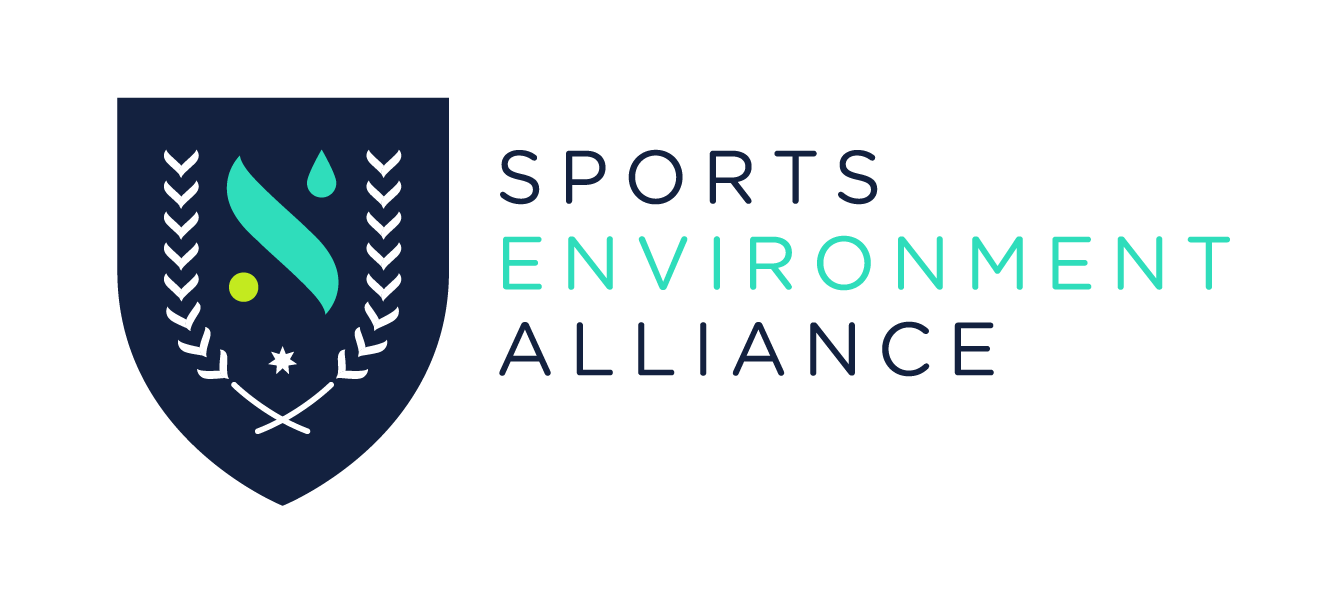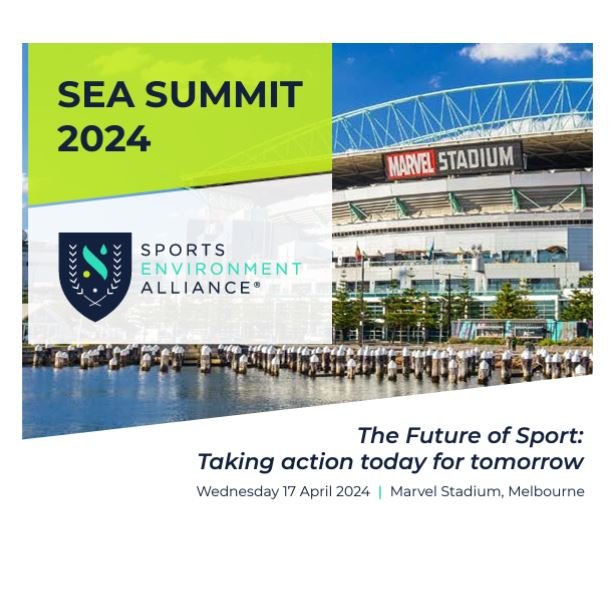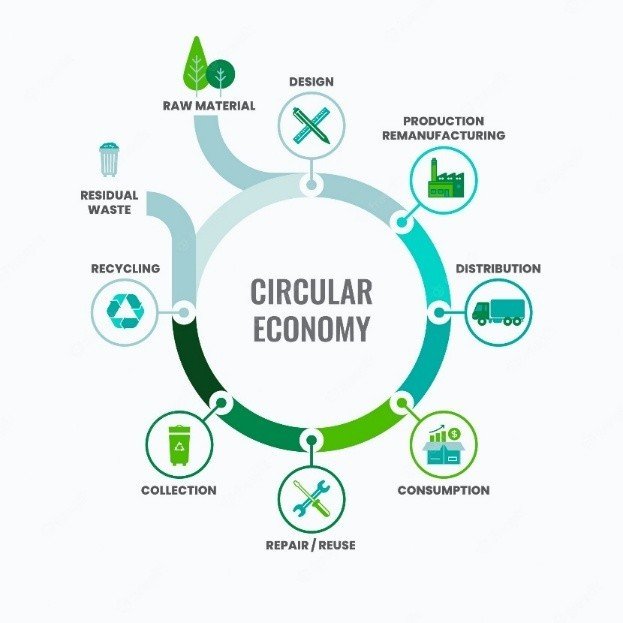Single use cups V reusable cups - which is truly the better choice for sustainability.
This white paper explores:
• The true environmental impact of single-use vs reusable cups
• How many uses it takes for a reusable cup to be the better choice
• The role of manufacturing, washing, transport, and consumer behaviour
Sustainability in Sport: Navigating emissions, opportunities & regulations
The way sport approaches sustainability is changing fast. From managing travel emissions to understanding Scope 3 data complexities, sport and recreation organisations need practical solutions to measure, report, and reduce their environmental impact.
Designing and implementing sustainability into sporting events
Designing and implementing sustainability into sporting events.
From reducing waste and emissions to conserving energy and water, the final episode of our webinar series delved into how to create environmentally responsible events, improve fan experience without compromising event management.
2024 SEA Summit 2024 Report
This year’s #SEASummit24 focus was The Future of Sport: Taking action today for tomorrow and was held at Marvel Stadium, Melbourne on Wednesday 17 April 2024.
What does implementing a broader ESG strategy mean for sport?
What does implementing a broader ESG strategy mean for sport?
Calculating your sporting organisation’s carbon footprint and implementing actions
What is carbon, and why is it important to not only calculate your organisation's emissions, but to develop a plan to minimise the emissions?
Understanding nature-based impacts in sport and why regeneration is important
Discover how we can support the natural and built environments which provide us with the places and spaces to play and be active. Learn from industry experts and gain practical insights around how to protect these sporting environments by embracing regenerative practices for improving the health of our soils, waterways and forests.
Green Sport Alliance - Energy Decarbonization Playbook
A venue can consume as much energy during a single football game as 10,000 homes would use in the same period. Given the scale of energy consumption, addressing energy decarbonization is critical and offers significant opportunities for reducing greenhouse gas (GHG) emissions.
2023 Annual Report
This year’s #SEASummit24 focused on why we must act now on sustainability and climate action to preserve the future of our sport. We have an exciting program planned, designed to be engaging, stimulating and empowering; everything that is needed for you to drive the changes needed within your sports organisation.
How to implement a successful waste reduction, recycling and circular economy strategy
Circularity is unequivocally becoming part of the thinking for major events and facilities. Whether it's switching to reusable plates and utensils to creating compost from food waste, it is important to identify opportunities for circularity. Collaboration between suppliers and end-users is crucial. To invoke change, waste needs to be thought of as a commodity or potential revenue stream, which would make circularity more financially attractive.
How to implement a sustainable procurement strategy in your sporting organisation
Procurement is a powerful lever to drive change, and sustainable procurement is a tool to support implementation of environmental and circular economy goals, especially around waste reduction. Here, Katherine Ponton, from the Recycled First, Markets Acceleration Team, Sustainability Victoria speaks around the importance of driving sustainability through sustainable procurement.
2021-22 Annual Report
This year’s #SEASummit was focused on the theme of the ‘Planet Champions Game Plan’ and breaking down the journey of efforts into the representative quarters of the journey most of our community take to achieve empowerment to do more {for the world} with less {footprint}
Celebrating #SEAMember Richmond Football Club’s conservation achievements
With less than 4,000 tigers left in the wild, the fight to save this majestic species is critical and requires immediate action.
As an active #SEAMember, Richmond Football Club has found a way to harness its supporters’ passion to help save endangered tigers in landscapes thousands of kilometres away.
SEA is seeking expressions of interest for a Non-Executive Director
SEA is looking for an experienced Non-Executive Director with financial experience and qualifications to join the board as Treasurer.
Full terms and conditions - #SEAChanger Awards {2020} Ticket Giveaway
Full terms and conditions - #SEAChanger Awards {2020} ticket giveaway
New bin system swings Summersalt towards sustainability
#SEAMember Summersalt Gymnastics has taken another leap in safeguarding the places where we play, with the introduction of a new three-bin system.
Red, yellow, and green coloured signs above each of the three bins, make it incredibly easy for everyone to determine what goes into green waste, recycling, or rubbish.
Join the SEA Team as a Media Volunteer
Join the SEA Team as a media volunteer and help doing more {for the world} with less {footprint}.




















